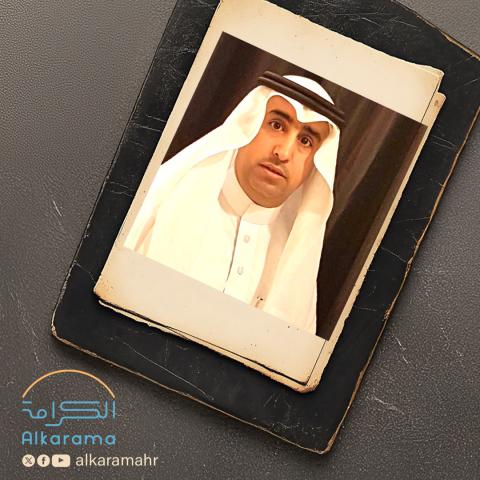
On 8 April 2025, UN Special Rapporteur on Human Rights Defenders, Mary Lawlor, expressed concern over the continued detention of Saudi human rights activist Mohammed Saleh Al-Bajadi, despite the fact that his sentence officially ended in 2023.
Al-Bajadi (46) is one of the most prominent prisoners of conscience in Saudi Arabia and a founding member of the Saudi Civil and Political Rights Association (ACPRA). The organisation had called for urgent intervention from the UN Working Group on Enforced or Involuntary Disappearances (WGEID) after Al-Bajadi’s enforced disappearance upon his arrest on 24 May 2018.
Al-Bajadi was arrested around 11:00 PM when security officers, dressed in civilian and military clothes, raided his home, detained him without presenting a court order, and took him to an unknown location.
He participated in founding the now-banned ACPRA, which documented human rights violations, filed lawsuits against the Ministry of Interior, and informed the Human Rights Council and UN special procedures about serious human rights abuses in Saudi Arabia. Since 2011, the Saudi authorities have launched a campaign against ACPRA members, detaining and arbitrarily prosecuting them for their peaceful human rights activities.
Al-Bajadi was first arrested in March 2011 after participating in a protest outside the Ministry of Interior in Riyadh. Over a year later, he was tried, and in April 2012, the court sentenced him to four years in prison and a five-year travel ban for “publicly defaming the country and questioning the independence of the judiciary” and “participating in the establishment of a human rights organisation,” which violated his rights to freedom of expression and peaceful assembly. Al-Bajadi appealed the sentence, and in March 2015, the Specialized Criminal Court in Riyadh—handling terrorism cases—sentenced him to ten years in prison, five of which were suspended.
Al-Bajadi refrained from any human rights activities after his release in November 2015. His enforced disappearance fits into the broader context of the unprecedented crackdown on freedom of expression in Saudi Arabia, which began in September 2017. Dozens of public figures, activists, and religious leaders have been targeted, with most arrested for either opposing government policies or failing to publicly support Saudi-led efforts against Qatar.
For its part, Alkarama has called on the UN Working Group to urgently intervene with the Saudi authorities, demanding that they immediately release Al-Bajadi and, in any case, ensure his protection under the law and inform his family of his fate and whereabouts.
